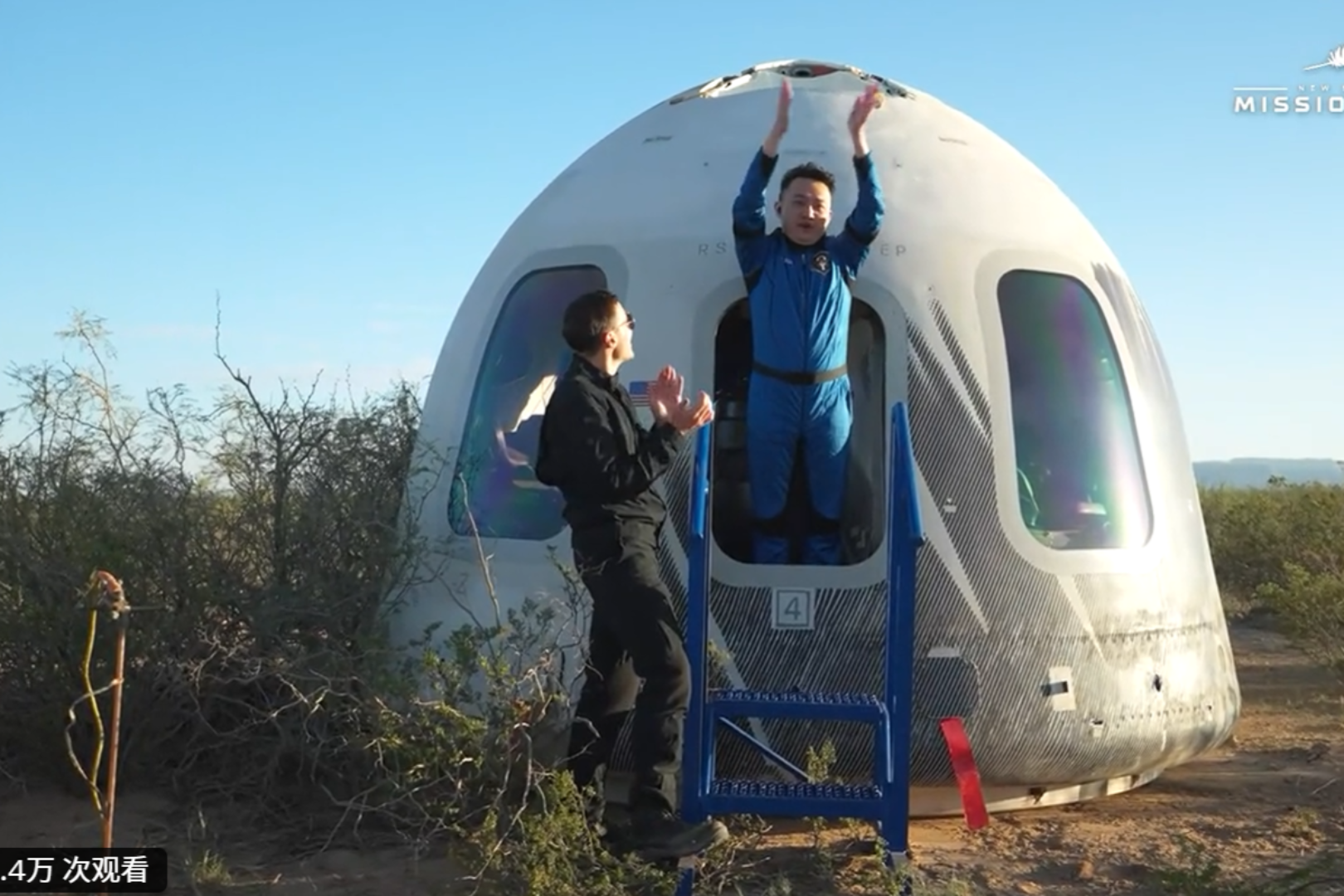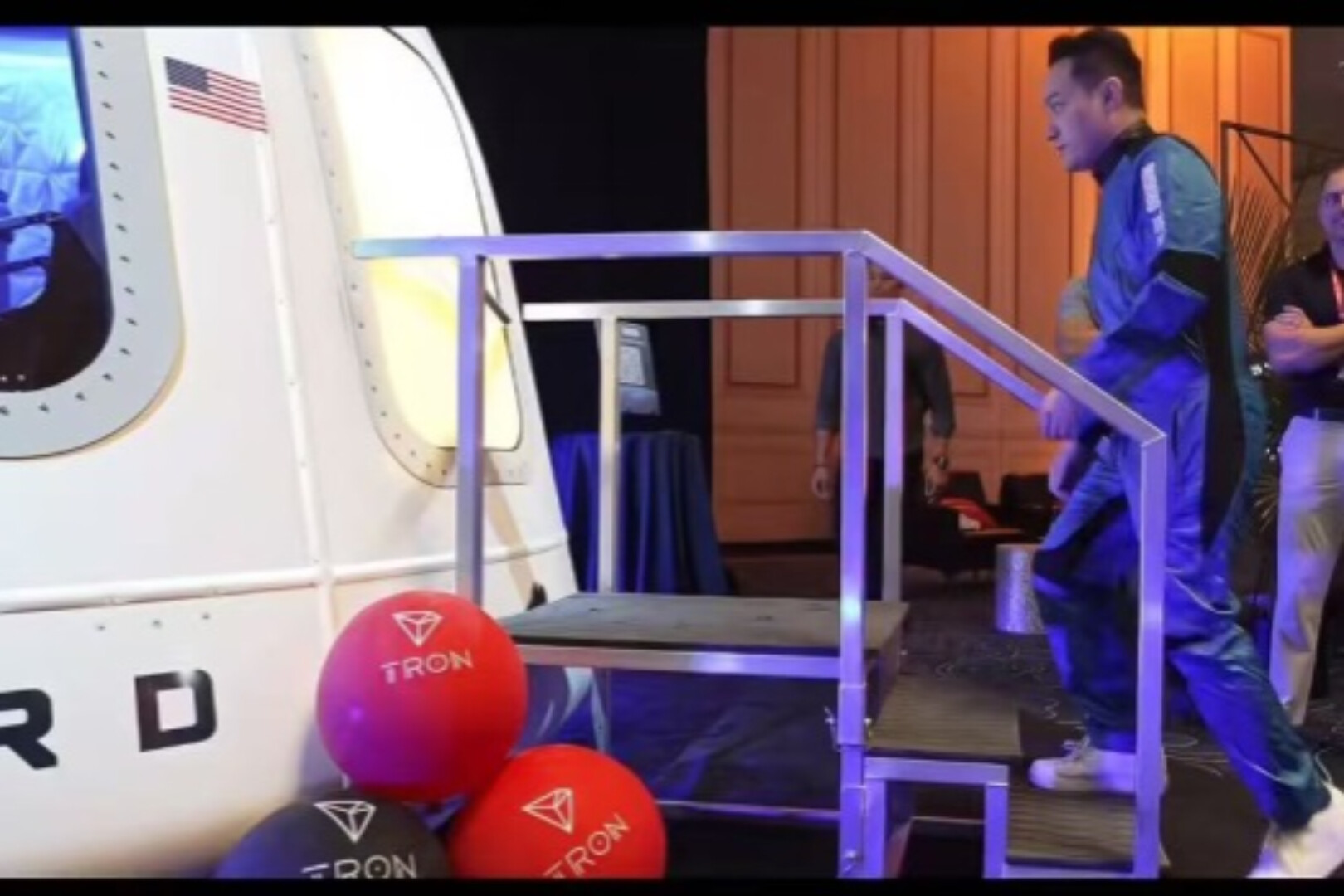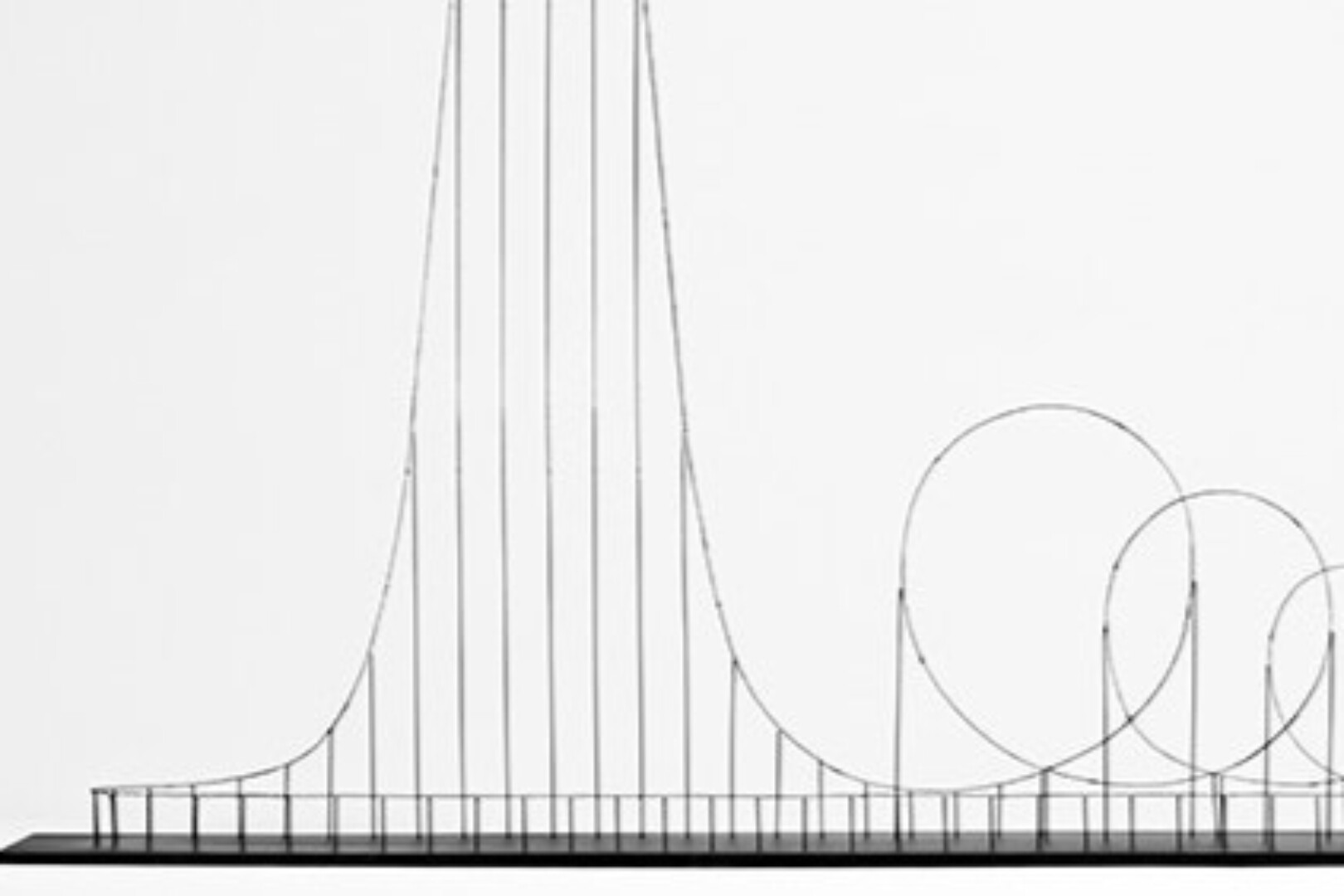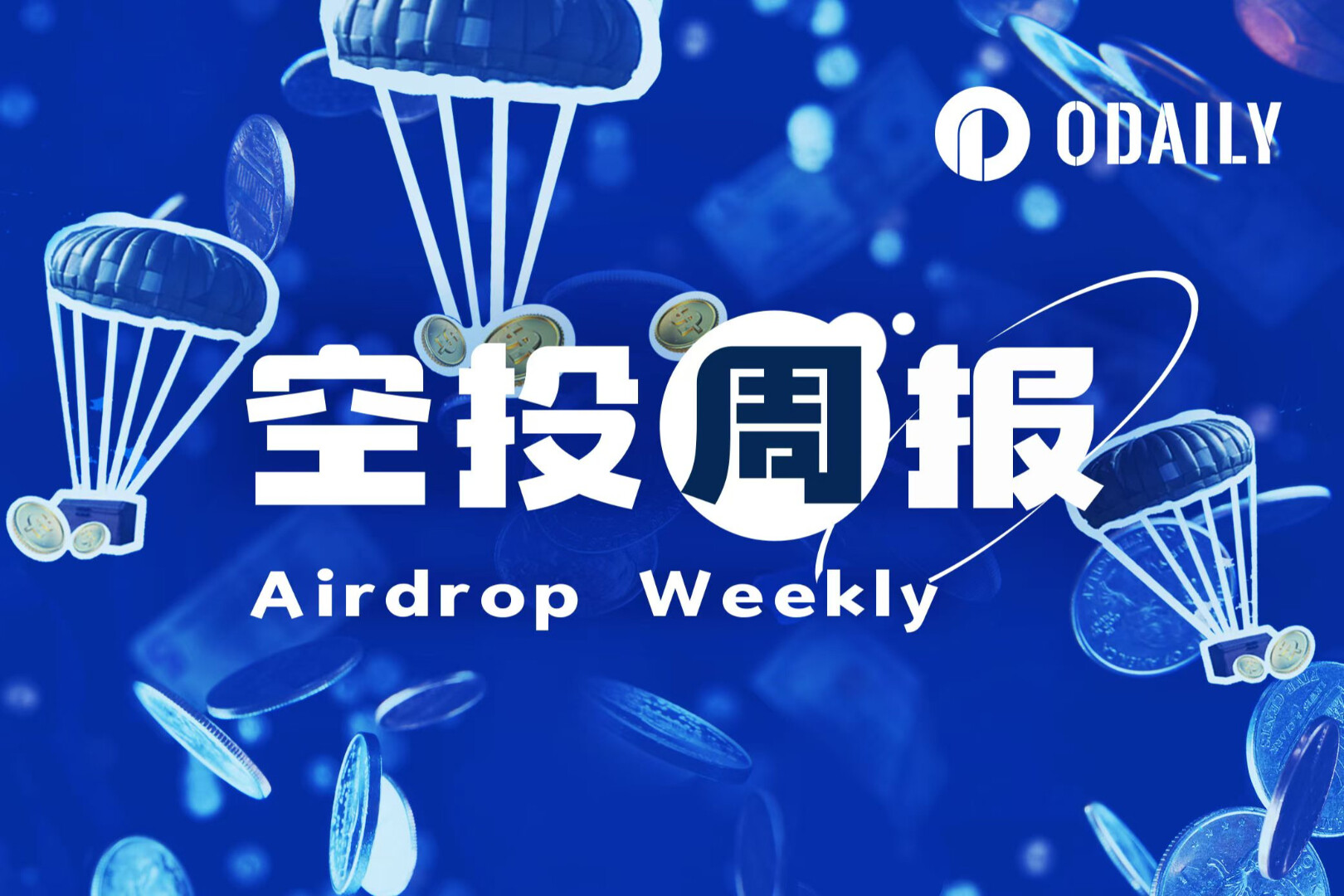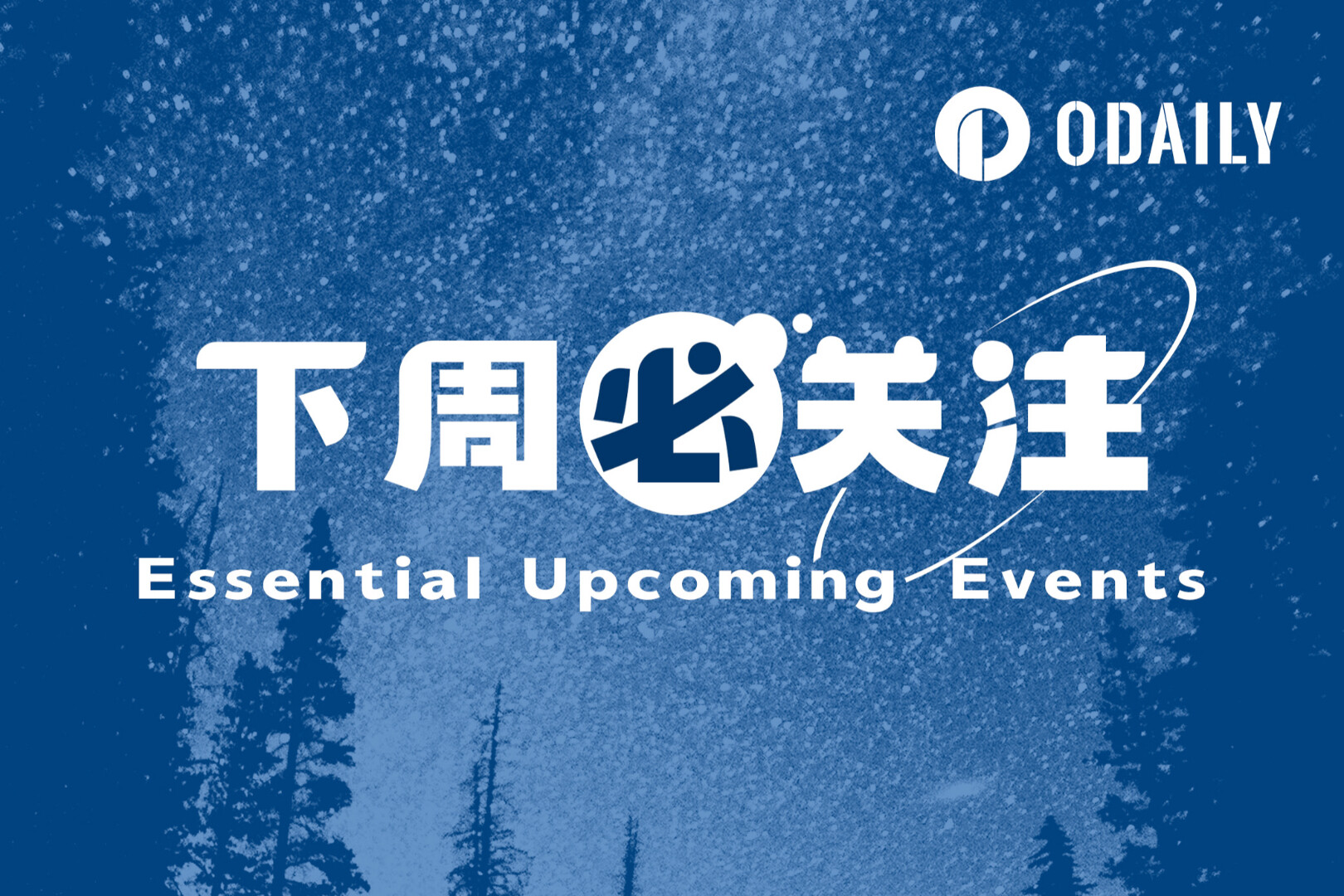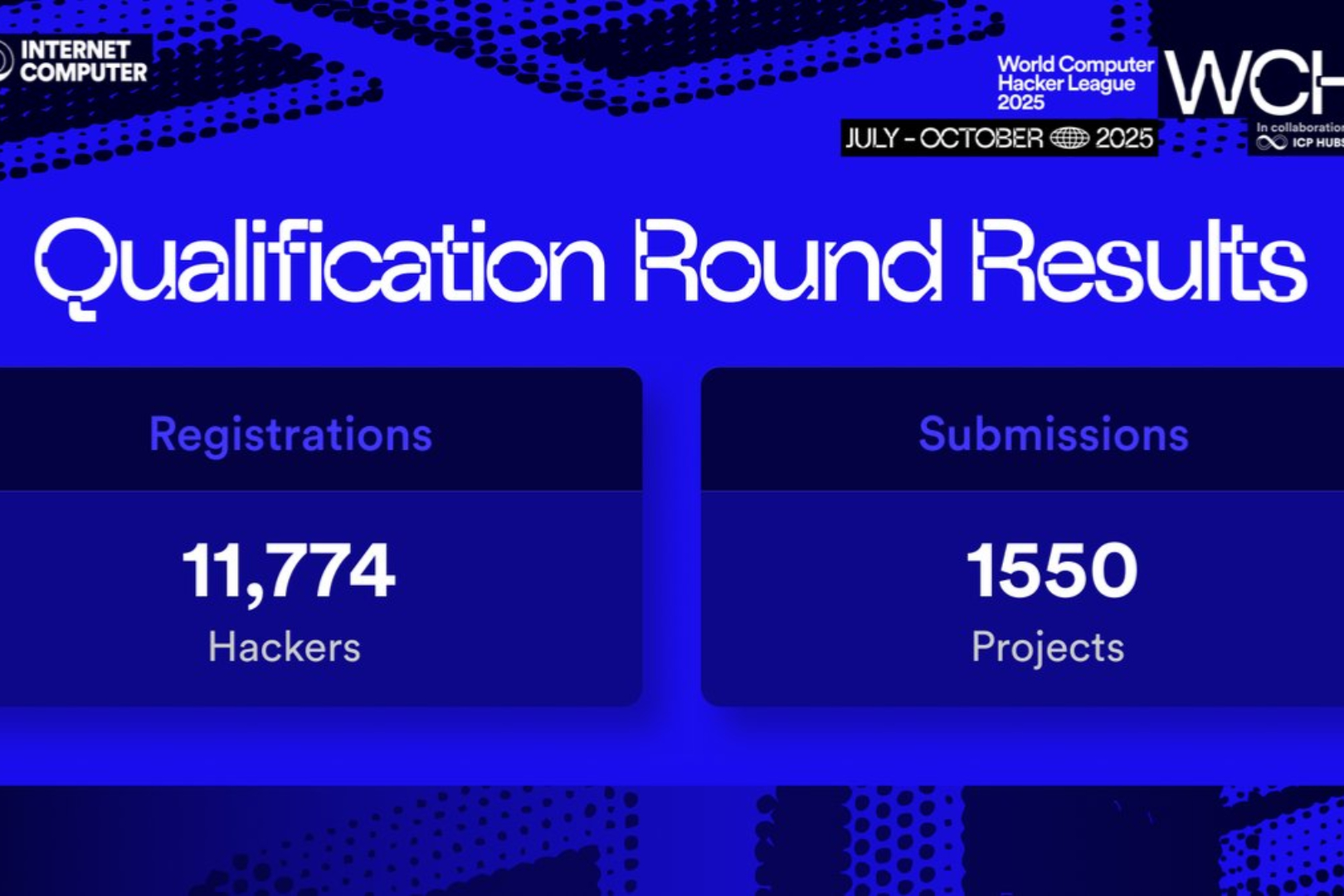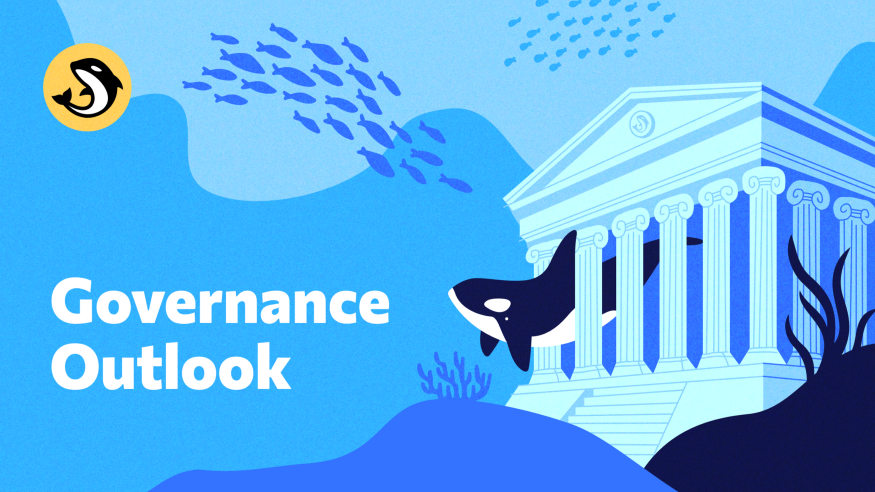
secondary title
Exploring the future of Orca governance
Nautilus: Let's start with a simple question: what is Orca Governance and what is your vision for it?
Yutaro:The principle behind governance is that the Orca Protocol can continue to thrive after the original core team is no longer key to the operational and strategic decision-making of the Orca Protocol.
The idea is in some ways a super lofty ideal that through this new technology, the blockchain, we can devise ways to use tokens creatively. So let's see if we can take the initial 100 million Orca tokens created, distribute them to people interested in contributing to Orca, and see if we can build a system where these token holders Orca protocols can be directed.
Nautilus:I think this covers all the major bases. Governance is such a broad question: how should a protocol be governed over time? What are the principles guiding the protocol through governance? How do you ensure that those interested in governance abide by those principles?
Can you tell us about the history of Orca governance? What are your concerns about governance? What problems do you foresee Orca governance v0 needing to avoid? Can you tell us about the decisions you've made so far that got us here?
Yutaro:Since day one of Orca, we have been thinking about establishing some form of governance mechanism. While DeFi has seen many DAOs, they are still experimental, at least in my opinion. When we launched AMM, AMM was well understood, we had a hunch that AMM was the future, some form of AMM would be the way to trade tokens on the blockchain. However, when we look at DAO governance, no one seems to have quite figured it out yet.
One of our main philosophies when launching Orca was to not have any preconceived ideas about how governance should work, while recognizing that there are certain properties that contribute to successful governance that we should focus on.
First, there has to be something worth managing, and we feel the Orca protocol is something worth managing. We were, and still are, big believers in Solana, and there will always be a need to trade tokens on the Solana blockchain. This need in itself is valuable to the entire Solana ecosystem. Therefore, we believe that the Orca Protocol has intrinsic value.
Second, token distribution is very important, over time we will distribute all 100 million Orca tokens, holders are free to buy and sell to anyone. The initial core team controls how the initial tokens are distributed, and it is important to us that our community already owns the tokens before any funding takes place.
Nautilus:How do we ensure we preserve the founding value of Orca when governance grants control to Orca holders?
Yutaro:Try to create a positive ethos in society and share our values. Principled, fun, and professional are core values of our team, and we want the community to do the same. There is a lot of bad behavior in the cryptocurrency space, especially when the market is hot. It is important that we do so not only with principle, but explicitly, and foster a community of aligned values. The Impact Fund is very important to us, and as a second order effect, we want to attract people who also find the Impact Fund valuable and therefore want to contribute to the Orca Protocol. Culture is extremely important, which is why these initial governance requirements are critical to establishing what is important to the Orca protocol and what we are trying to achieve. We need to figure out what's more important than the expected "increase in volume" type of priority. One last thing, I have been trying to get into the governance channel more often and I will continue to do so. The attitude I want to take is to try to foster a governance environment that is very open to discussion.
Nautilus:With DAOs shifting power from the team to the community, we are actually gradually withdrawing ourselves, you don’t see this happening in other areas, what is the future vision of governance?
Yutaro:There are many ways to achieve this. First, we tried to build a governance system that would make team culling possible, which is one of the hardest problems to solve. Right now, we're seeing a lot of governance approaches in Ethereum, mostly because it's a more mature ecosystem, we're seeing a lot of good practice examples, we're seeing case studies -- that's helpful. These case studies delve into what it's like to be a DAO contributor on a daily basis.
We observed a sentiment among DAO contributors that a model where all token holders vote on all issues is not necessarily massively scalable. There are lots of smart people coming up with solutions, and one emerging solution deploys a group model: smaller representative groups of experts assigned to oversee specific protocol functions or subfunctions. One benefit of this system is that it solves a core problem: it is impossible to keep every DAO participant fully informed about every issue they vote on. We are exploring this group model to see if it works for us.
Nautilus:Can you give an example of such a group? How big is the group? What is the specialty of the group?
Yutaro: A good example is the token listing, right now it is difficult to determine if the SPL token should be traded on Orca, and how it should be tokenized. For example, UniSwap has issues listing scam and fake tokens, we need some sort of process to determine which tokens should be tradable and how they should be labeled. This process is an example of a profession that can be delegated to a small group of community members. We need to determine what is necessary to keep the protocol running and how to distribute those things to groups. This is an interesting exercise, it's unclear if everything can be broken down and assigned to groups, but I think quite a few things can.
Nautilus:If we were to develop a group system, how many groups do you think would participate in the governance system of the Orca Protocol?
Yutaro:Honestly, I don't know, but with trial and error, we'll find out. Then someone will write a book about it, and we'll see the development of a rule, like the "rule of two pizzas", applied to the size of software engineering teams. If I have to guess, for Orca, I would say that it is hard to imagine that there will be more than five groups on the first floor. If it exceeds, the cost of communication may be too high.
Nautilus:Perhaps this isn't the best question, since we're still early in building Orca's core functionality, and we may need teams to implement functionality we haven't envisioned yet. I can't think of any DAOs that follow a system similar to the group model. What are the advantages of a POD system? Can you give reasons why we should go for a POD model rather than a flat system where everyone votes on everything?
Yutaro:We can borrow a lot from outside the Web3 world. Ori always says that there is no good reason why usability patterns have evolved and been refined in Web2 and have not been adopted in Web 3. Although this is different from Web2, it can also be applied to DAO management in Web3. A good rule is to have enough process and nothing more. We don't want one big hierarchical DAO, but we need enough hierarchy for Orca to be successful while retaining the value we originally set.
Nautilus:Back to Orca's governance token. How would you define what a token means in terms of governance?
Yutaro:Ultimately it is up to the community to decide. I can give what I think it should be, at least in the short term - I've discussed it on the forum. Going back to what I said earlier, I think of governance as an experiment where the team sets the initial conditions, cultivates the community and defines the initial distribution, and then gradually relinquishes control. I think the question that Orca protocol should be looking at is where the ecosystem will be three to four years from now, given the cryptocurrency market cycle we're in right now, and the Solana ecosystem we're in and its relative maturity , how we become the main liquidity layer for Solana - I think we should focus on that. If we can all unite around this goal, a lot of decisions will really come to fruition.
Nautilus:For those of you who don't know much about how DeFi functions, can you explain what you mean by "primary liquidity layer" and what it looks like?
Yutaro:The simple answer is that there are many fungible tokens traded on Solana, and users need to be able to exchange these tokens in addition to the mainstream ones like SOL or mSOL. In the future, there may be more Solana-powered games, perhaps with in-game economies that are interdependent with the Solana ecosystem itself. Maybe there will be more governance tokens. Whatever the experience of the future is, we want to power it.
Nautilus:When it comes to governance, how much can the community influence the future of Orca, and how much can the community influence the future direction of Orca?
Yutaro: Really, by participating in our Discord and our governance forums. I saw that many of the people who participate in the discussions on a regular basis participated in this call, and we are very grateful for their contributions. Many people on our team started out as contributors and helped out in the community, and now that they are team members, we really want to encourage them to get involved. There is also the Orca Builders Program, which we want to see developers building in our community. We have been very encouraged by the many ideas that have emerged from the project.
Nautilus: I've talked to a lot of people at Hacker House in London and Barcelona and they've been sharing great ideas on how to build on the liquidity and capital base of whirlpool, which is fantastic. Now let's look at community issues.
Now let's answer a question from the community...Comparing Uniswap and Uniswap Labs - can you talk about whether you think the Orca team and the DAO are similar or different?
Yutaro: Actually, I don't really understand the difference, but I'm going to assume that UniSwap is in charge of the tokens and UniSwap Labs is the operating company. I'll talk about how I see Orca. Currently, the operations team is providing the necessary core functionality to the Orca protocol. The engineering team is responsible for the ongoing development of the protocol, the community team helps with everything like calls like this, and the business development team coordinates our interactions with others in the ecosystem. It seems to me that these functions end up being minimized as the Orca product is self-sustaining and separates out things like groups. If there are any specific questions, I'd be more than happy to answer them as well.
What are your thoughts on governance rigidity vs remaining flexible, but with more governance risks/needs?
Yutaro: This is one of the things you need to understand the tradeoffs between different governance archetypes. For us, the current position of the Orca protocol chooses the right type of governance for the current situation. Generally, governance starts small and nimble, but naturally grows bigger, slower, and more powerful over time. Sustaining proper growth is critical. In order to maximize Orca's potential, we need to make a number of key strategic decisions. Now, it is important that governance be small and nimble, not big and unwieldy.
When we talk about groups do we mean sub-dao?
Yutaro: The terms are not well defined and your sub-dao concept and my group concept may or may not be the same. To be clear, we are not releasing new tokens for each group, groups are just a specialized function within Orca DAO.
Nautilus: Considering what Orca will look like in 2-3 years, how much does this vision depend on the overall market environment of DeFi?
Yutaro:The wider context matters. First, I love talking about these things. It’s worth noting that if, in June 2019, someone had asked me what cryptocurrency would look like today, I would have been proven wrong. We don't know what crypto will look like three years from now, and there will be a lot of unexpected things, which is exciting. A one-year time frame is more realistic because we can reliably predict the next year. I'm relatively confident that over the next year the Orca community will invest a lot of time in making the whirlpool as good as possible. There are some obvious improvements like community listings, more sophisticated routing, and better documentation. Next year we must lay a solid foundation for the next three years. Let's focus on building the governance foundation so we can move at the pace we want and continue to make good decisions. I'd love to keep talking to the community, I have my own ideas, but I could be wrong. The most important thing is probably the one I never thought about. I think mobile apps and games are going to be important, and we can get Orca to take advantage of that, but these are just ideas.
Nautilus:You mentioned the importance of mobile, you were on stage with Ori at the launch of SMS and Saga, it's a great opportunity for Orca, can you tell us that in Orca's five-year roadmap, SMS will How much does it account for?
Yutaro:I don't think the main activity for transactional value is on mobile, the focus is still on desktop. In the next 5 years, most games will inevitably appear on mobile platforms, and it would be like defying gravity to not follow this trend. That's why I'm so excited about SMS, Solana is going to take it seriously, adopting mobile apps in a thoughtful way. Will SMS be the focus? Yes. I think it's going to be an incremental thing for Orca, at least we'll have Orca's interface optimized for mobile, not just responsive. The big question is, what strategic moves can we take to leverage the mobile app? For Orca, there are several options.
Nautilus:Interestingly, we used Web2 to move into the mobile space, while DeFi went back to the desktop computer environment. Our return to mobile seems inevitable. Is there any governance angle on Orca's SMS and Saga phones in general?
Yutaro:Maybe in general it's better to be as thoughtful as possible to manage, the unique possibility on mobile is almost elusive, it's hard to find unique manageable related to SMS - though I could be wrong .
Nautilus:What type of protocol is the team most excited about that could leverage Orca as a plug-in liquidity infrastructure?
Yutaro:Direct retail usage doesn't include GameFi, which I think is interesting, and I'd love to see more apps use orca in the background without explicit partnerships or branding.
Nautilus: It's really exciting to see what people will build on top of Orca's liquidity through the builder program. Did you go to the Orcanaut party in NYC, any other Orcanaut community events?
Yutaro: I think the community balance of this event is pretty amazing, we've learned not to have these parties on the weekends because people are exhausted or have flown back. We'll definitely have more events coming, probably at the Lisbon conference later this year. It's nice to meet people. really like it.
Nautilus: I wish I was in New York. I'm going to Lisbon in November and hope to meet some friends there. If we have a newcomer who is really eager to participate in governance, where should they start?
Yutaro: My advice is to start with the governance posts on Medium, then get involved in the governance forums and our governance channel on Discord. Honestly, just drop by to say hello and ask if there's anything interesting to do, or any interesting areas to explore. It was mentioned yesterday that maybe we could do something interesting with the treasury - that would be awesome. I'm definitely open to ideas and discussions about what could be done. We do have a treasury, so we are open to how we manage it.
Nautilus: We do have a very open community that welcomes ideas. I was an Orca user myself for a while, and after many conversations, I ended up being part of the Orca team. I am an example of how open Orca is to thoughtful companions. Yutaro, do you have any thoughts to wrap up our first governance call?
Yutaro: Thanks for your help - I've had a lot of fun, I always do this kind of call, maybe next time we can have more questions from the community, let us know any discussion topics you'd like to open up. We all have blind spots, including people on teams, so generally speaking, an open conversation is a good thing.
Nautilus: secondary title
Additional questions (answered outside of this chat)
Is there a multi-chain plan? Uni can now easily migrate to the SOL chain on the ETH chain, and may occupy some market share at the same time.
Yutaro: Orca's current focus is on shaping the protocol into Solana's liquidity layer.
There is little risk of other protocols moving to Solana. Technically speaking, it is difficult for a company like Uniswap to switch to Solana. Even with an EVM compatibility layer, it's not a simple fork of existing code. This will be a major challenge for Solana to gain traction as they cannot simply migrate and bring their existing user base.
